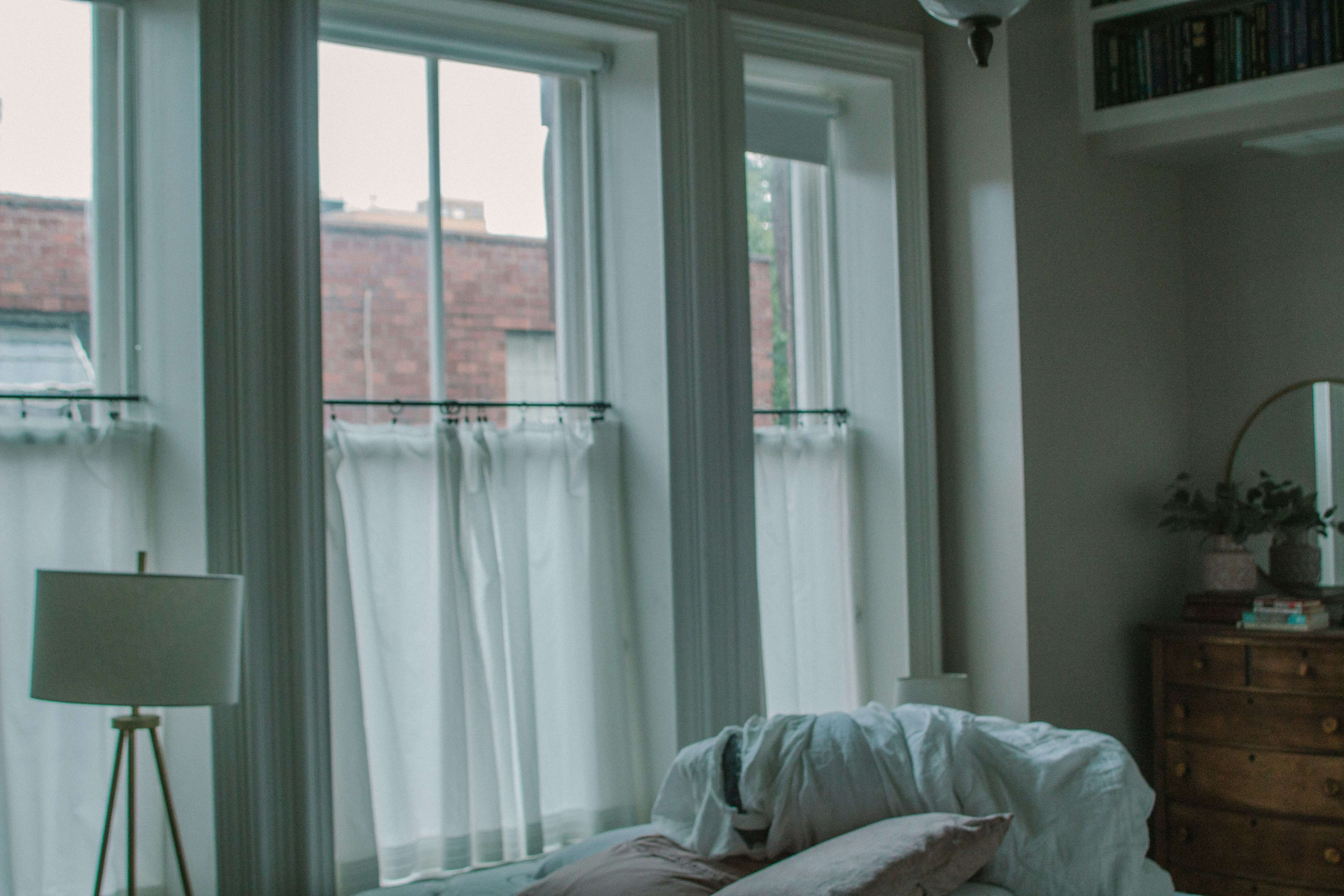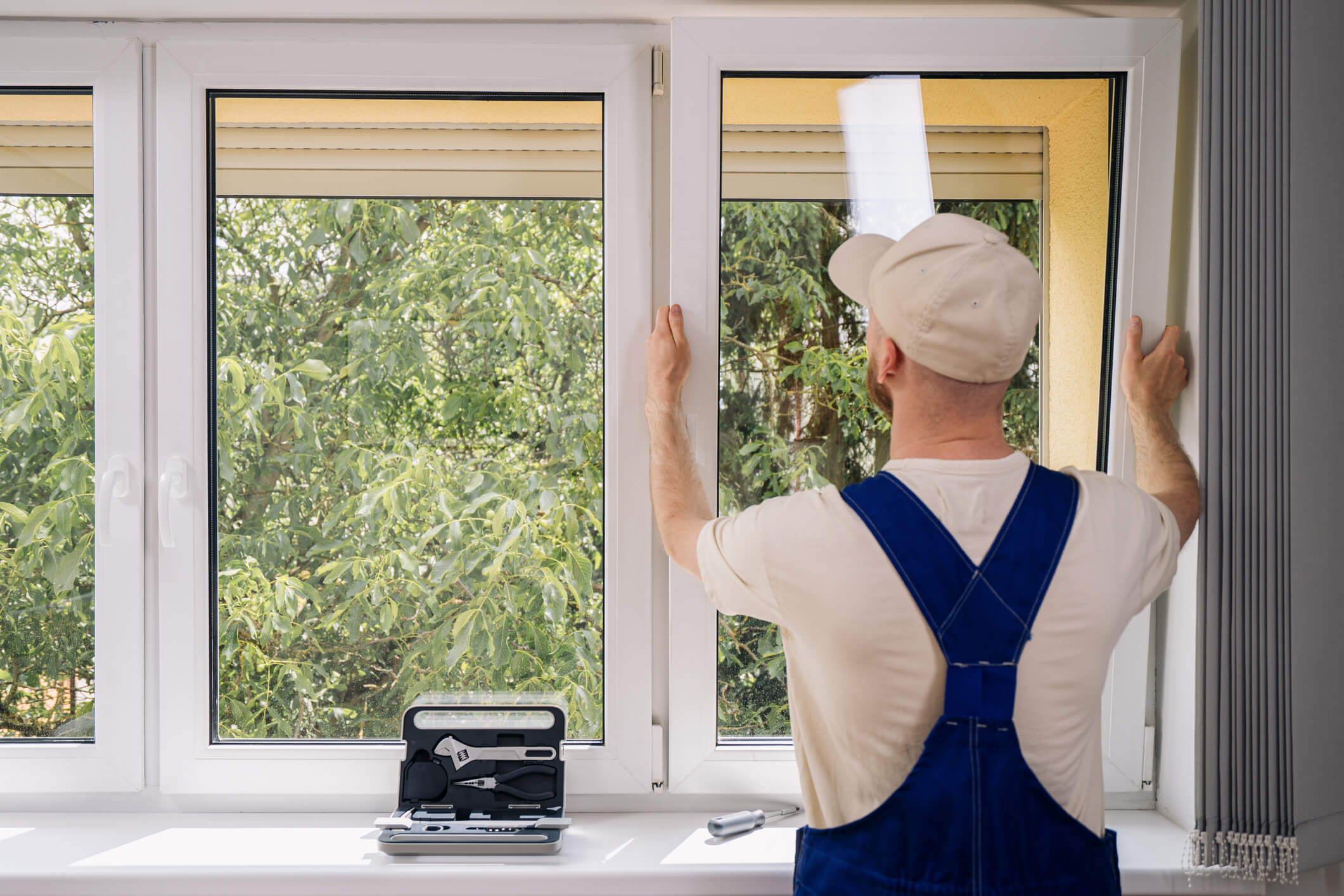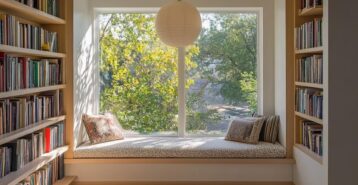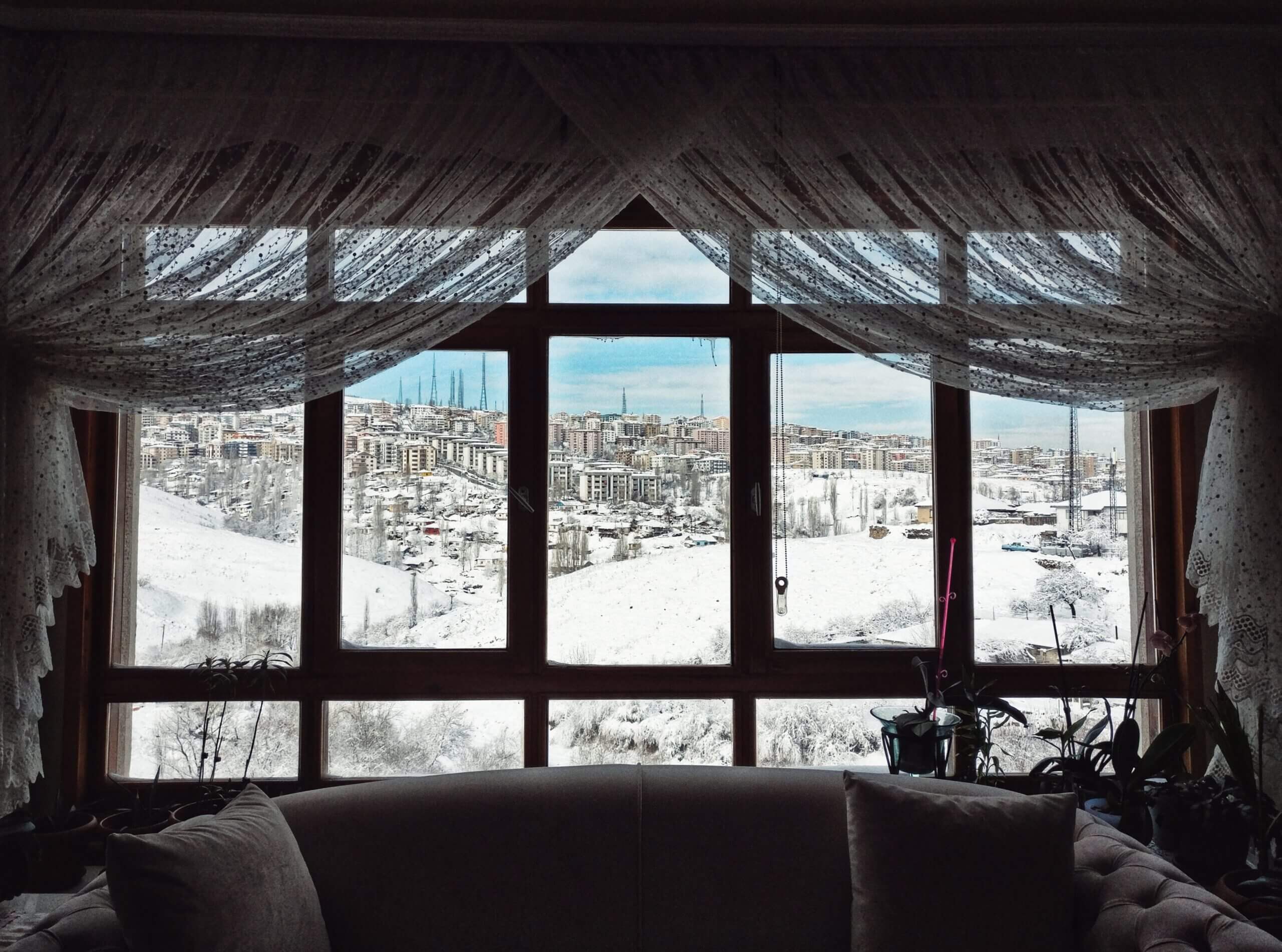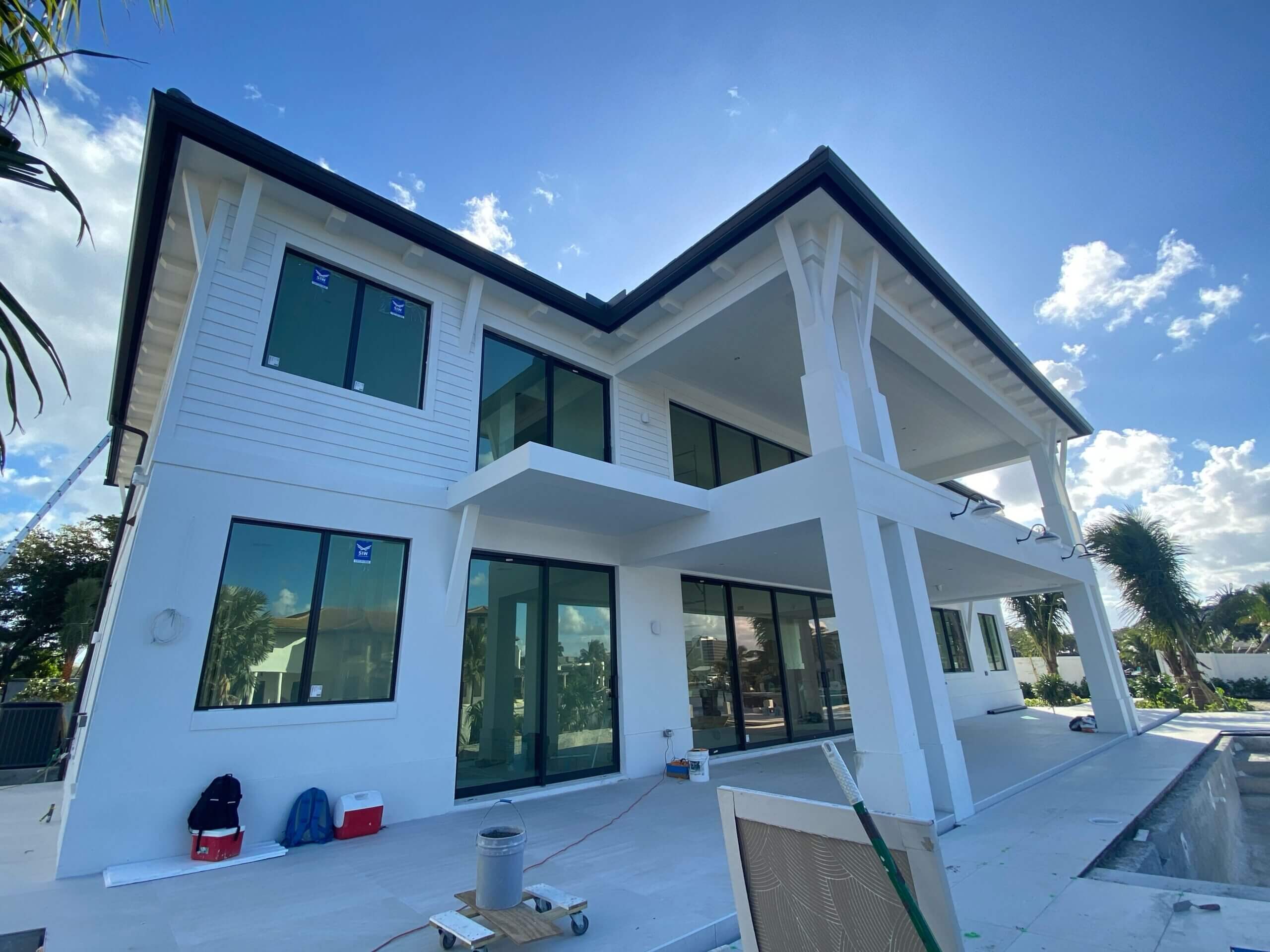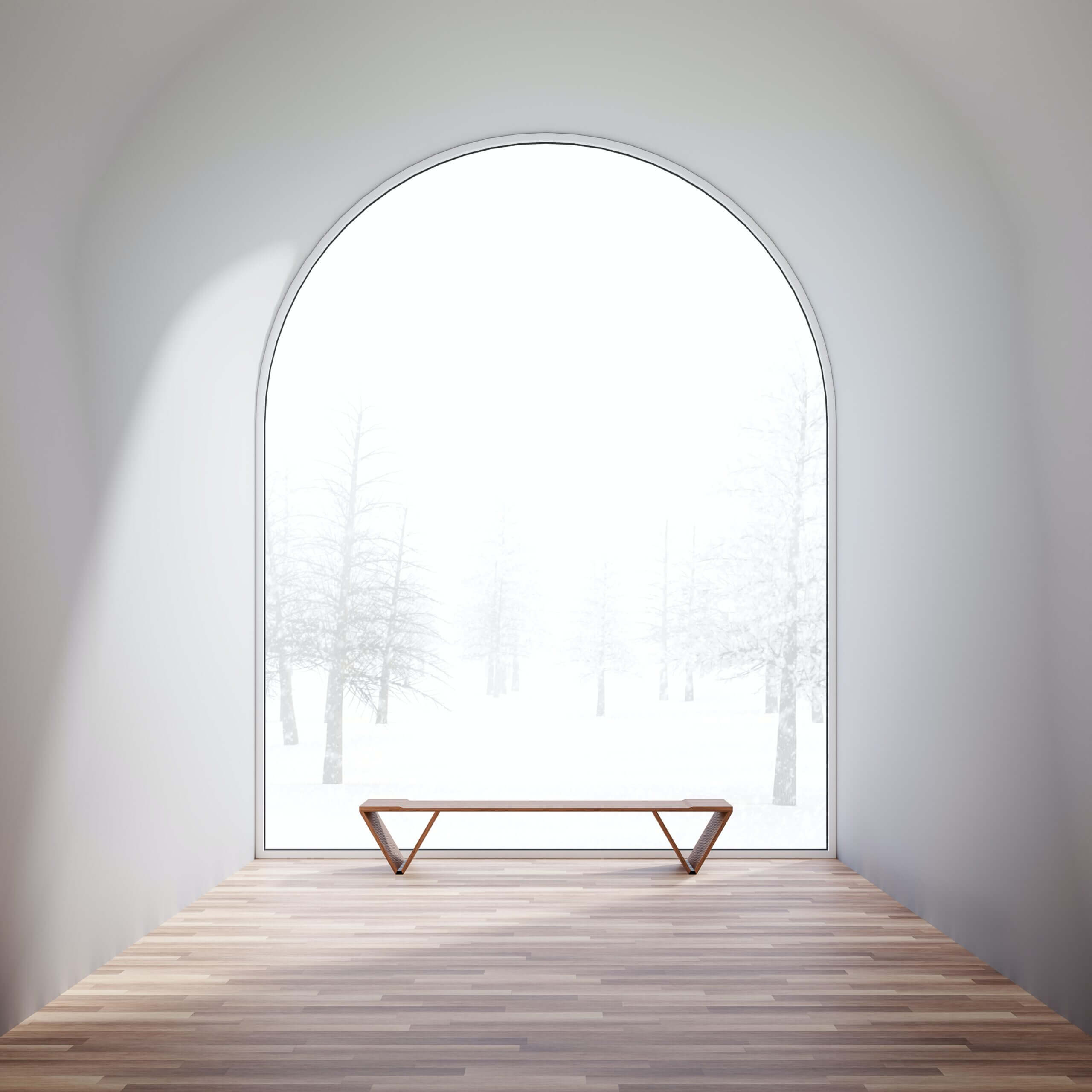Cost of Replacing Windows in Pennsylvania in 2025
In 2026, the average window replacement cost in Pennsylvania is $1,028 per window installed. Costs range from around $1,019 on the low end to $1,038 on the high end, depending on the city.
Material makes up most of the expense (averaging $881 per window), while labor adds about $147. Homeowners in urban areas like Philadelphia tend to pay slightly more, while smaller cities like Scranton or Hazleton are more affordable.
Average Window Replacement Costs in Pennsylvania
On average, homeowners in Pennsylvania can expect to spend around $1,028 per window installed. Here’s the breakdown:
- Material: $881 per window (frames, glass, finishes)
- Labor: $147 per window (installation, removal, disposal)
This puts Pennsylvania right in line with the national average, though regional differences still matter.
Window Costs by City in Pennsylvania
Here’s a look at typical installed window replacement costs across major cities in PA:
| City / Region | Total Cost | Material Cost | Labor Cost |
|---|---|---|---|
| Philadelphia | $1,038 | $889 | $148 |
| Pittsburgh, Harrisburg, Lancaster, Lebanon, York | $1,028 | $881 | $147 |
| Wilkes-Barre, Scranton, Hazleton | $1,019 | $873 | $145 |
Philadelphia homeowners pay the highest average, while Hazleton, Scranton, and Wilkes-Barre see the lowest installation costs.
Philadelphia Window Replacement Costs
Homeowners in Philadelphia pay an average of $1,038 per window installed, with about $889 for materials and $148 for labor. Prices are slightly higher here due to urban demand, older housing stock, and higher labor rates. Many homeowners choose energy-efficient or noise-reducing glass in dense neighborhoods.
Pittsburgh, Harrisburg, Lancaster, Lebanon, and York Window Replacement Costs
In these central and western PA cities, the average cost is $1,028 per window installed. This breaks down into $881 for materials and $147 for labor. Costs are steady across this group due to moderate labor rates and similar housing markets. Cold winters in these areas make double-pane and triple-pane windows especially appealing for energy savings. Vinyl remains the most common frame material, but fiberglass and wood are also used in older homes.
Wilkes-Barre, Scranton, and Hazleton Window Replacement Costs
Northeastern Pennsylvania cities like Wilkes-Barre, Scranton, and Hazleton offer some of the most affordable installation prices in the state. They average $1,019 per window installed. Materials account for $873, while labor runs around $145. Lower labor rates and competitive markets keep prices down. With long, snowy winters, many homeowners here prioritize insulated vinyl windows and triple-pane glass to cut heating costs.
Energy-Efficient Window Costs in Pennsylvania
Because of the state’s cold winters and humid summers, energy-efficient windows are the top choice for Pennsylvania homeowners. The most popular types are:
- Double-Pane: Cost-effective and widely available
- Low-E Glass: Coated to reduce heat transfer and UV damage
- Triple-Pane: Higher cost but excellent insulation in colder regions
Energy-efficient window replacement costs in Pennsylvania range from $1,100 to $1,400 per window installed, depending on upgrades like coatings and gas fills.
City-Specific Energy-Efficient Window Pricing
- Philadelphia: $1,200 to $1,400 per window
- Pittsburgh: $1,100 to $1,300 per window
- Smaller Cities (Scranton, Hazleton, Wilkes-Barre): $1,050 to $1,250 per window
Return on Investment of Energy-Efficient Windows
Energy-efficient upgrades in Pennsylvania typically deliver a 70% to 80% return on investment (ROI) through:
- Lower heating and cooling bills year-round
- Possible energy rebates from local utilities
- Increased home value, especially for older homes being updated
What Affects Window Replacement Costs in Pennsylvania?
Several factors influence pricing:
- Material: Vinyl is most affordable, wood and fiberglass are higher.
- Glass Type: Double-pane is standard, Low-E and triple-pane cost more.
- Installation Complexity: Large, custom, or hard-to-reach windows require more labor.
- Older Homes: Retrofitting historic properties may need specialized installation.
- Bulk Projects: Replacing multiple windows at once can reduce the per-window cost.
Climate Considerations in Pennsylvania
- Cold Winters: Insulated and triple-pane windows prevent heat loss.
- Hot, Humid Summers: Low-E glass reduces solar heat and UV damage.
- Seasonal Storms: Durable frames (vinyl or fiberglass) withstand heavy rain and wind better than older wood options.
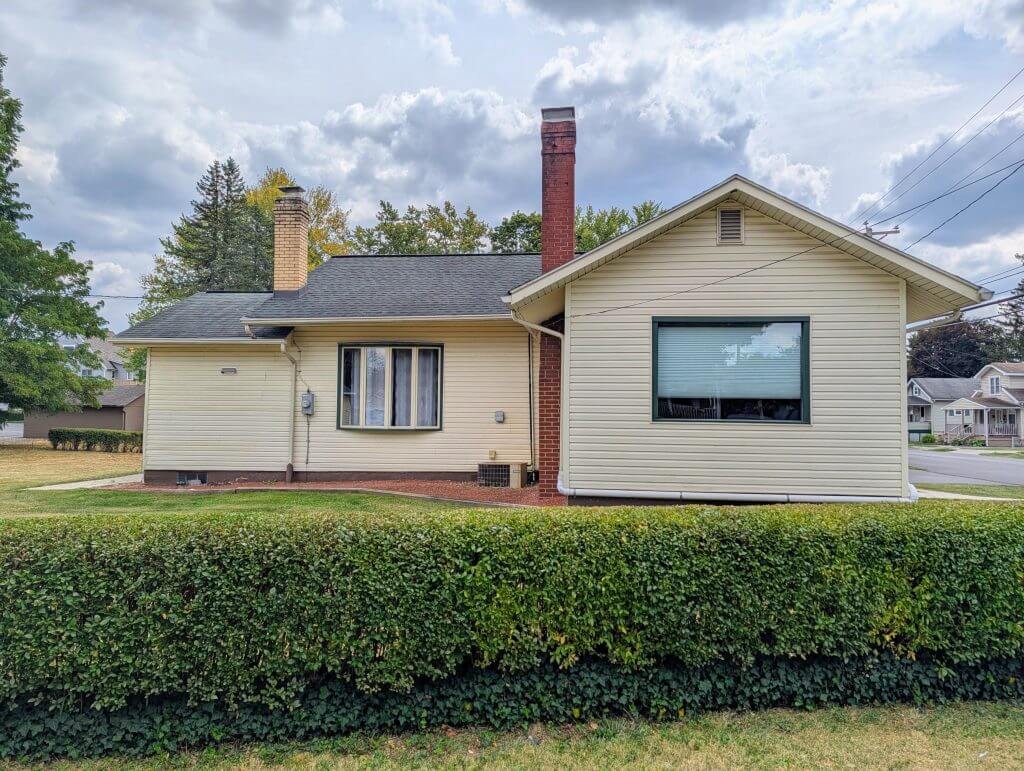
Popular Window Types in Pennsylvania
- Double-Pane Windows: Balance of cost and efficiency
- Low-E Coated Glass: Reduces energy loss and protects interiors
- Vinyl Frames: Durable, low-maintenance, and affordable
- Fiberglass Frames: Strong and energy efficient, at a higher price point
- Common Styles: Single-hung, double-hung, casement, picture, bay windows
Best Window Brands for Pennsylvania Homes
Some of the top window brands serving PA homeowners include:
- Andersen Windows: Known for wood and composite options
- Pella: Wide range of vinyl, wood, and fiberglass
- Marvin: Premium wood and fiberglass models
- JELD-WEN: Budget-friendly vinyl options
| Brand | Typical Installed Cost per Window | PA Presence |
|---|---|---|
| Andersen | $525 to $3,500 | 300+ dealers statewide; Renewal by Andersen covers Central & NE PA |
| Pella | $270 to $3,260 | Widely available via PA dealers & installers |
| Marvin | $400 to $2,000 | Sold through select PA dealers; higher-end markets |
| JELD-WEN | $150 to $1,700 | Available statewide through big-box stores & local dealers |
How to Save Money on Window Replacement in Pennsylvania
Replacing windows is a big investment, but there are ways to cut costs without sacrificing quality. Here are some smart strategies for PA homeowners:
- Replace multiple windows at once. Many contractors offer volume discounts, lowering the per-window cost if you upgrade several at the same time.
- Choose cost-effective materials. Vinyl windows are the most budget-friendly option while still offering good energy efficiency. Wood and fiberglass look great but cost more.
- Take advantage of rebates and incentives. Check for Energy Star® rebates from Pennsylvania utility companies and federal tax credits for energy-efficient upgrades.
- Schedule installation in the off-season. Contractors are often less busy in late fall and winter, which can lead to lower labor rates and faster scheduling.
- Compare multiple quotes. Getting more than one estimate helps ensure you’re not overpaying. Look for contractors who include warranties and transparent pricing.
- Ask about financing or promotions. Some window companies in Pennsylvania offer 0% financing or seasonal discounts. Both can help ease the upfront cost.
By combining smart planning with energy-efficient choices, you can lower your installation costs and long-term utility bills.
FAQs About Window Replacement in Pennsylvania
What’s the best window type for Pennsylvania’s climate?
Double-pane or Low-E coated windows are most popular, but triple-pane is ideal for very cold regions.
When is the best time of year to replace windows in Pennsylvania?
Spring and fall are popular, but winter can be cost-effective since contractor demand is lower.
Do energy-efficient windows increase home value in Pennsylvania?
Yes, buyers value lower energy bills, and upgraded windows often improve resale potential.
How much more do Low-E or triple-pane windows cost compared to standard?
Expect to pay 15%–30% more, depending on the glass package.
Are rebates or energy incentives available in Pennsylvania?
Yes, many utility providers and some state programs offer rebates for Energy Star-rated windows.
Next Steps for Homeowners in Pennsylvania
Replacing your windows is a significant investment, but one that pays off in comfort, efficiency, and home value. To get the best results:
- Compare multiple contractor quotes
- Ask about available financing and rebates
- Look for Energy Star or NFRC-certified windows
- Choose installers with strong local reviews
Getting multiple bids will help you balance cost with quality so you can make the best decision for your home.
Quick Facts and Final Thoughts
On average, homeowners in Pennsylvania can expect to spend about $1,028 per window installed. Prices range from $1,019 in Scranton, Wilkes-Barre, and Hazleton to $1,038 in Philadelphia. These costs include both materials and labor. Keep in mind that materials make up the majority of the expense. While pricing is fairly consistent across the state, energy-efficient upgrades such as Low-E coatings or triple-pane glass can increase costs but provide strong long-term savings. For the best results, homeowners should compare multiple quotes, look into local rebates, and choose a qualified contractor familiar with Pennsylvania’s climate needs.
Compare top-rated windows pros in your area.
Read real homeowner reviews, explore qualifications, and view promotions. Modernize makes it easy to browse professionals and find one that will be perfect for your project.
